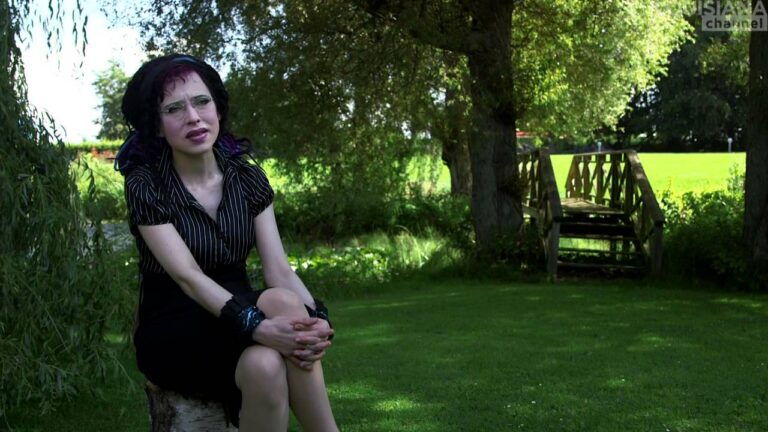
“We have the freedom, so we are also obliged to defend certain rights.” An interview with the award winning writer Sofi Oksanen on her latest novel ‘When the Doves Disappeared’, a story of occupation, resistance and collaboration in Estonia during and after World War II.
“History is written by winners.” Acclaimed Finnish writer Sofi Oksanen talks about how history is always told from the point of view of the winner and how she chooses to tell the history of the nations through the stories of individual characters: “Art and literature is a way to make extreme historic events more approachable and understandable”.
You can make people read about Estonia by creating an interesting page turner. To Oksanen that is particularly important for small nations, because they don’t have huge media budgets: “Small countries don’t have Hollywood to tell their stories.”
In ‘When the Doves Disappeared’ Oksanen explores the idea of storytelling and the question of who gets to tell the story. In Estonia at the time of the Soviet Union there were strict rules about what could be written and how, and your children’s future would depend on you having the “correct opinions” politically.
“The Soviet Union was the one who was ruling the history writing, because they needed to justify the occupation, they also needed to make everything before the Soviet Union look very bad.” The history of Estonia was written very skillfully based on KGB rules. Since the Soviet Union doesn’t exist anymore, they have become the looser, and history can be rewritten.
Sofi Oksanen (b.1977) studied literature at the University of Jyväskylä and University of Helsinki and later drama at the Finnish Theatre Academy in Helsinki. Her mother grew up in Estonia during the Soviet period and emigrated to Finland in the 1970s. Oksanen has published four novels and a play. She has received several awards for her literary work, amongst others the Swedish Academy Nordic Prize in 2013.
‘When the Doves Disappeared’ follows the experiences of three characters: Roland, a principled independence fighter; his cousin Edgar, who will do almost anything to maintain his connection to those in power; and Edgar’s wife Juudit, who is torn between her love for a German officer, her fear of returning to her unhappy marriage, and her bond with the idealistic Roland.
Sofi Oksanen was interviewed at Louisiana Literature 2013 by Marc-Christoph Wagner
Edited by Kamilla Bruus
Produced by Marc-Christoph Wagner
Copyright: Louisiana Channel, Louisiana Museum of Modern Art.
Supported by Nordea-fonden.
source